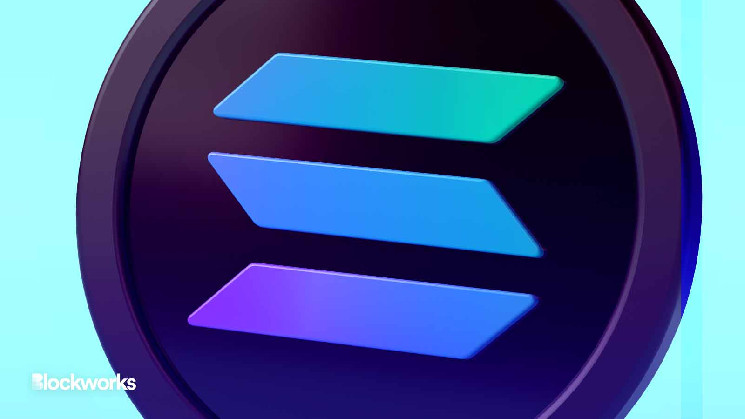Phoenix, a new spot decentralized exchange featuring an on-chain order book, is set to open to the public on Solana mainnet today, after a year of development.
The five-person team at Ellipsis Labs recently closed a $3.3 million seed round led by Electric Capital, with the goal of scaling the decentralized exchange (DEX) to support on-chain US dollar price discovery for crypto assets, starting with Solana’s native token SOL.
“The dream that we’re really building toward is a world where large swaths of financial transactions happen on-chain,” co-founder Eugene Chen told Blockworks, noting that to date, even liquid majors like ether are seeing price discovery on centralized trading venues.
“Basically since 2018, DeFi has existed, but it’s sort of been the sidecar to these centralized systems,” Chen said.
Only the smallest long-tail assets are seeing on-chain markets lead their price discovery. To shift price discovery for a larger asset like SOL on-chain will ultimately require more liquidity — reflected in deeper order books — on Phoenix than can be found on Coinbase or Binance, Chen said.
Chen previously worked on Ethereum DeFi and MEV research, but argues that the new DEX could only function on Solana.
“We want a world where DeFi is competitive with TradFi and when I was looking on the Ethereum side, the infrastructure constraints are so limiting in terms of what you can do on the protocol design side,” Chen said. “So coming over to Solana was really just this like practical move to open up the protocol design space.”
He calls the AMM approach of Uniswap and borrowing/lending protocols such as Aave “approximations of market mechanisms,” concluding that it’s too expensive and slow to process transactions even on layer-2 rollups to support a global financial system.
UniswapX is an example of moving a component of market-making off-chain to get around these limitations.
Ethereum DeFi hasn’t delivered on efficiency or effective risk management, Chen said, pointing to the drama around Curve founder Michael Egorov’s CRV position on Aave as an example.
“In general, this centralized risk management is almost antithetical to markets. It’s like someone else is managing risk on behalf of the entire pool — it’s like this communist version of finance.”
The situation won’t be remedied by the upcoming Dencun upgrade, Chen said, even though it is expected to reduce the costs for using rollups by a factor of ten.
Rollups specializing in order book-based DEXs, such as futures exchanges from Aevo and dYdX, are moving the order matching engine off-chain and reserving on-chain actions for settlement.
“I don’t even like to call them DEXs because they have this completely centralized dependency,” Chen said. “You have completely just given up the censorship resistance property. You’ve given up this auditability property of knowing that the matching engine is going to be fair.”
There are still impediments for Solana DeFi to overcome, especially the user experience and security track recording of bridges and a lack of native assets like bitcoin and ether that are currently dominant in crypto markets.
But the Ellipsis Labs team thinks that we’re in the early stages of tokenized assets, and there’s plenty of room for Solana-native assets to arise.
“I still believe in this very old vision for DeFi where everything is on chain and I think a lot of the Ethereum folks have given up on that because of the performance required.
“You can disintermediate trust, which is kind of the whole point of crypto in the first place, right?”
 blockworks.co
blockworks.co
